I'm trying to get an array of all of my model's associations. I have the following model:
class Article extends Eloquent
{
protected $guarded = array();
public static $rules = array();
public function author()
{
return $this->belongsTo('Author');
}
public function category()
{
return $this->belongsTo('Category');
}
}
From this model, I'm trying to get the following array of its relations:
array(
'author',
'category'
)
I'm looking for a way to pull this array out from the model automatically.
I've found this definition of a relationsToArray method on an Eloquent model, which appears to return an array of the model's relations. It seems to use the $this->relations attribute of the Eloquent model. However, this method returns an empty array, and the relations attribute is an empty array, despite having my relations set up correctly.
What is $this->relations used for if not to store model relations? Is there any way that I can get an array of my model's relations automatically?

